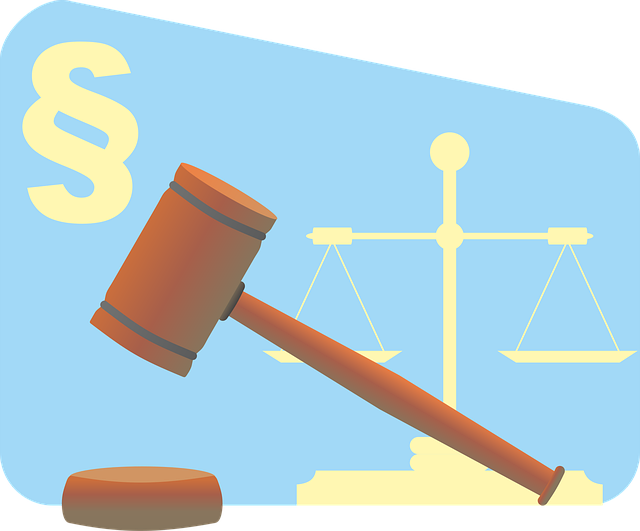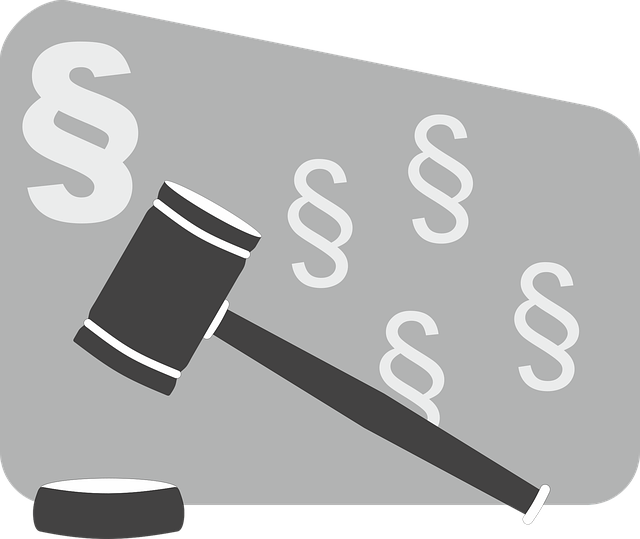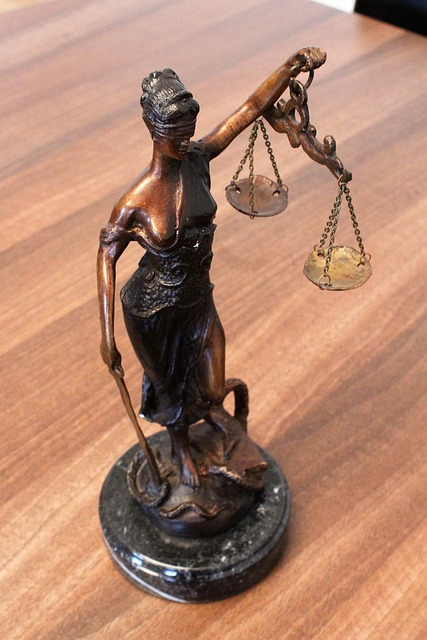Securities class actions empower investors to collectively hold accountable entities engaged in fraudulent or illegal securities activities, providing a vital mechanism for Understanding Consumer Rights in Civil Litigation. Through pooling resources and expertise, these lawsuits can secure substantial settlements and ensure accountability for responsible parties. The process involves an initial investigation, followed by progressive stages aiming for dismissal of charges or compensation for harmed investors. This collective approach not only offers justice but also acts as a deterrent for future white-collar crimes, fostering transparency and fairness in financial markets.
Securities class actions play a pivotal role in protecting consumer rights within civil litigation. These legal mechanisms enable investors who suffered losses due to corporate misconduct to band together and seek collective redress. By understanding securities class actions, we gain insights into a powerful tool that safeguards financial markets’ integrity and empowers consumers. This article delves into the fundamentals, workings, eligibility criteria, and far-reaching impact of securities class actions, shedding light on how they shape investor protection in today’s economic landscape.
- What are Securities Class Actions?
- How Do Securities Class Actions Work?
- Who Can Bring a Securities Class Action Lawsuit?
- The Impact and Importance of Securities Class Actions for Consumers
What are Securities Class Actions?

Securities Class Actions are a type of civil litigation where investors join forces to hold accountable entities that have engaged in fraudulent or illegal activities related to securities and investments. This collective legal approach, often referred to as class action suits, empowers consumers by allowing them to assert their rights collectively rather than individually. Understanding Consumer Rights in Civil Litigation is crucial here, as it highlights the power of numbers in achieving extraordinary results against corporate wrongdoers.
In these cases, investors can seek compensation for financial losses incurred due to misrepresented or manipulated securities. The process not only aims to provide justice to individual victims but also serves as a deterrent for future white-collar crimes within philanthropic and political communities. By pooling resources and expertise, class action lawsuits can result in substantial settlements, ensuring that the responsible parties are held accountable for their actions.
How Do Securities Class Actions Work?

Securities class actions are a crucial aspect of understanding consumer rights in civil litigation. When investors suspect that a company has engaged in fraudulent or illegal activities affecting their securities, they can join together to file a lawsuit against the company and its responsible parties. This collective action allows for significant resources to be mobilized, ensuring that wrongdoings are addressed comprehensively. The process begins with an investigation phase where legal experts analyze relevant documents and evidence to determine if there’s a strong case for proceeding.
If the case is deemed viable, the class action moves through various stages of the investigative and enforcement process. Ultimately, the goal is to achieve complete dismissal of all charges against the defendants or secure substantial compensation for the harmed investors. This mechanism empowers individuals to stand up for their rights and hold accountable those who have violated securities laws, thereby fostering a fairer market environment for everyone involved.
Who Can Bring a Securities Class Action Lawsuit?

In securities class action lawsuits, individuals who have suffered losses due to alleged misconduct or violations of federal and state securities laws can bring a collective legal action. This includes investors who purchased or acquired securities—such as stocks, bonds, or derivatives—under false or misleading information. Understanding consumer rights in civil litigation is crucial here, as these actions aim to protect the interests of a broad group of people who may not have known their rights individually.
Eligible plaintiffs can be current or former shareholders, bondholders, or even trust beneficiaries who were damaged by the misconduct of companies or individuals involved in white-collar defense cases. Unlike general criminal defense, which focuses on state or federal prosecution, securities class actions are civil litigation efforts to redress wrongs committed against a large number of investors across the country.
The Impact and Importance of Securities Class Actions for Consumers

Securities Class Actions play a pivotal role in safeguarding consumer rights within the realm of civil litigation. By allowing investors to band together and hold wrongdoers accountable, these actions ensure transparency and fairness in financial markets. When companies engage in deceptive practices or violate securities laws, class action lawsuits empower consumers to seek justice and compensation for their losses. This collective approach not only deters future misconduct but also provides a powerful incentive for businesses to uphold ethical standards.
Understanding Consumer Rights in Civil Litigation is crucial for empowering individuals to take a stand against corporate wrongdoings. Through successful securities class actions, investors can achieve winning challenging defense verdicts and secure unprecedented track records across the country. This collective action fosters a sense of accountability, ensuring that consumers are not only compensated but also that the market remains robust and trustworthy.
Securities class actions play a vital role in protecting consumer rights within civil litigation. By enabling affected individuals to band together, these actions ensure that companies are held accountable for securities fraud or misconduct. Understanding this legal mechanism empowers investors with the knowledge to assert their rights and seek justice. Through successful class actions, consumers can recover losses, deter future unethical practices, and contribute to a fairer financial landscape.






